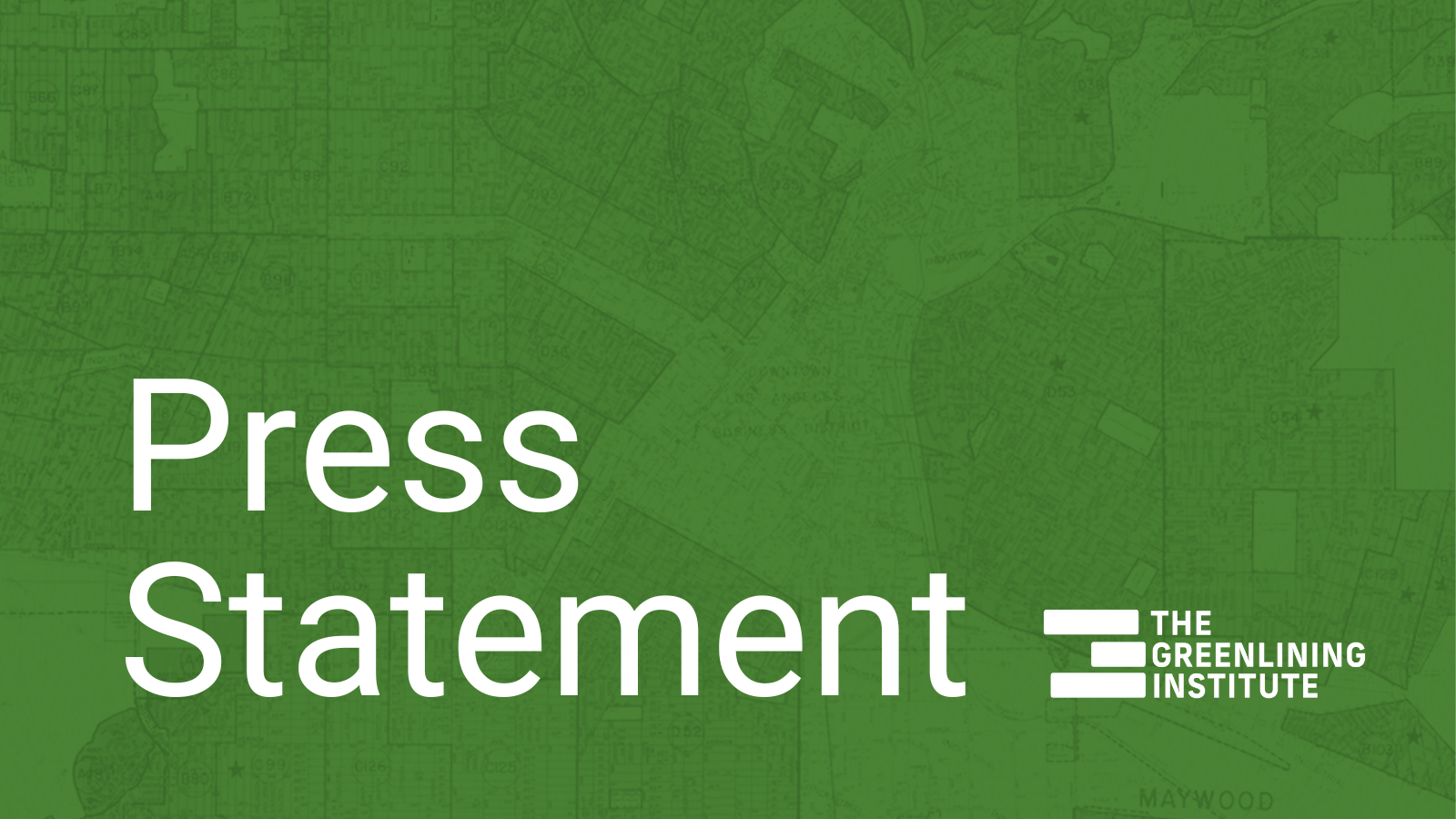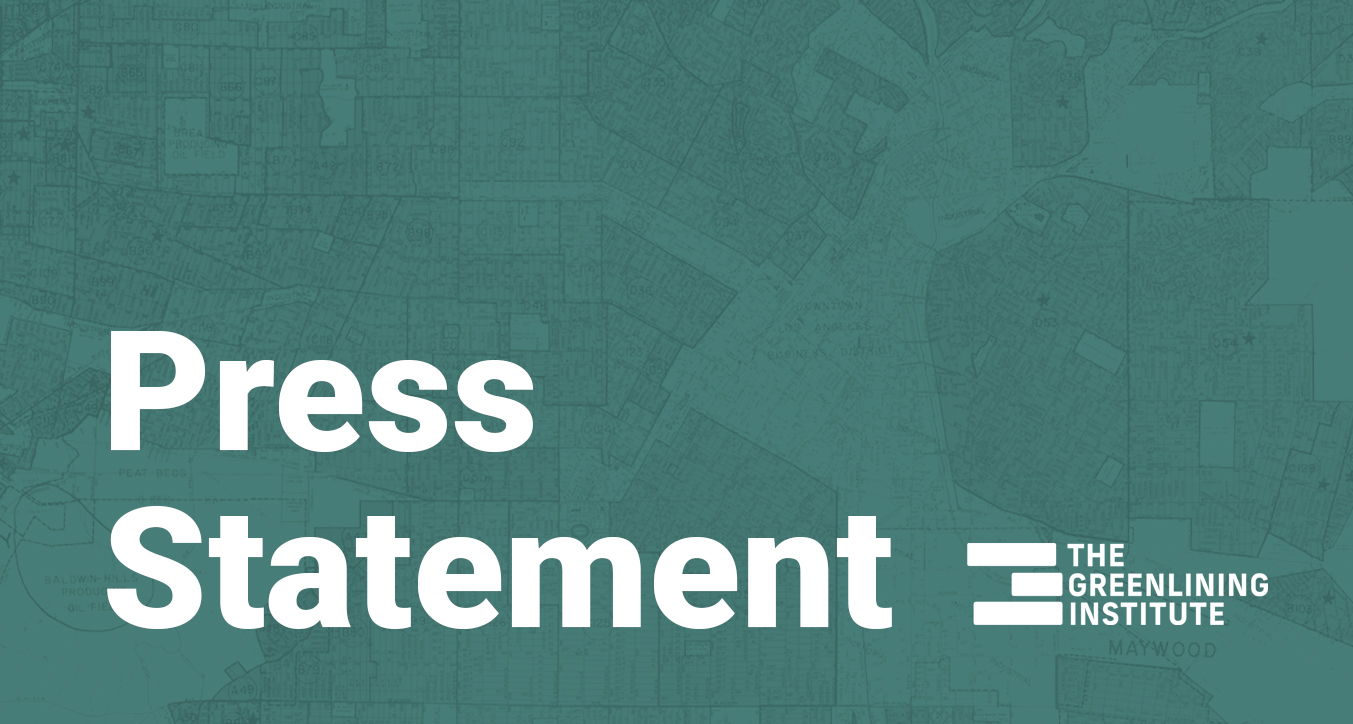New Report Highlights Medical Debt Crisis & Solutions

Media Contact
Danielle Bell
Associate Director of Narrative Strategy
media@greenlining.org danielle.bell@greenlining.orgTop Cause of U.S. Bankruptcies, Worsened by COVID, Hits Communities of Color Hardest
Contact: Bruce Mirken, Greenlining Institute Associate Director for Media Relations, 415-846-7758 (cell)
OAKLAND, CALIFORNIA – Medical debt, long the leading cause of U.S. bankruptcies, has been greatly worsened by the COVID-19 pandemic – but the problem is solvable according to a new Greenlining Institute report, Solving the Medical Debt Crisis.
Even before the pandemic – which cost over five million Americans their employee health coverage as many ran up unexpected medical and hospital bills – medical debt caused approximately 62% of bankruptcies. And its impact was not distributed equally, Greenlining’s analysis shows: Nationally, about one third of Black adults have past-due medical debt, compared to less than a quarter of Whites. In California, people of color are more than half again as likely as Whites to have some sort of past-due debt in collections.
As bad as the problem is, Greenlining concludes that state and national actions could go a long way to solving it.
“Medical debt is a crisis, but it’s fixable,” said report author Brianna Wells, Greenlining’s Health Equity Fellow. “Health care systems and the federal and state governments can and should act to remove this crushing burden from millions of American families.”
Key policy recommendations include:
• Expand comprehensive financial assistance policies for all large, for-profit health care facilities, including ambulatory surgical centers and outpatient clinics.
• End the practice of turning over medical debt to third-party collection agencies and prohibit such agencies from reporting medical debt to credit reporting bureaus.
• Mandate public reporting of debt collection practices by healthcare providers.
• Center medical debt elimination as a part of California’s COVID-19 recovery package via measures such as the proposed COVID-19 Medical Debt Collection Relief Act, which would suspend the collection of medical debt retroactively from February 1, 2020 until the “end of the public health emergency” and ban wage garnishment and bank account seizure.
• Cancel medical debt outright. The government can purchase medical debt from debt collectors and health care providers at discounted rates, aiding consumers while avoiding a financial windfall for debt collectors.
• Incorporate debt cancellation into California’s larger strategy toward reparations for racial injustice. Closing the racial wealth gap by addressing debt (including medical debt) in California requires a reparations package for the Black community.
To learn more about The Greenlining Institute, visit www.staging3.greenlining.org.


